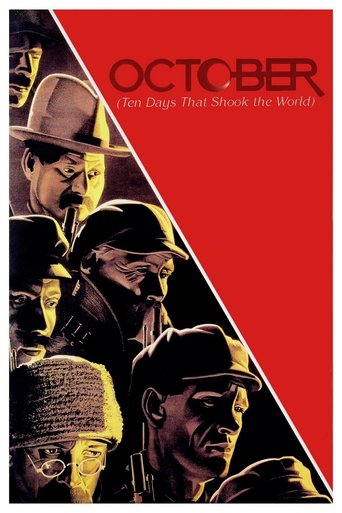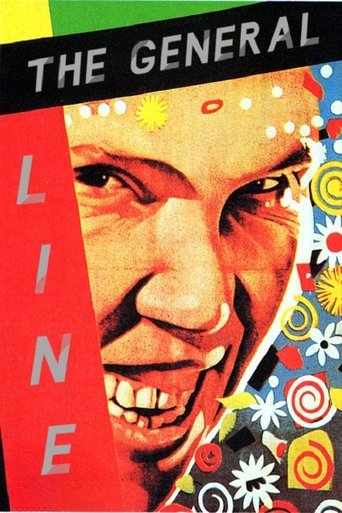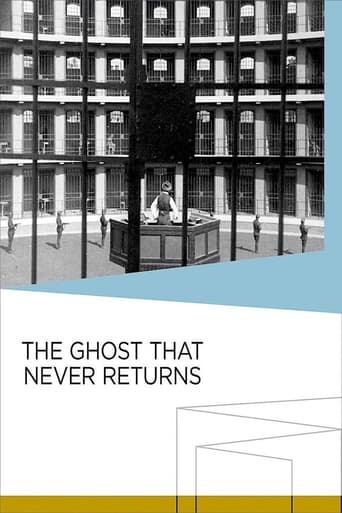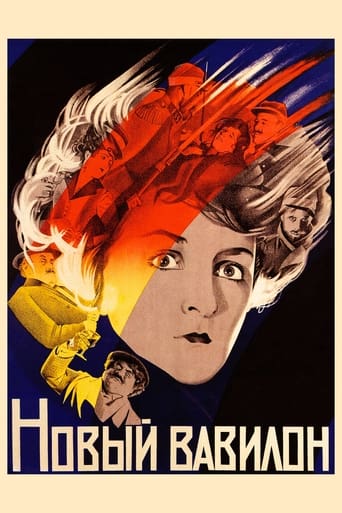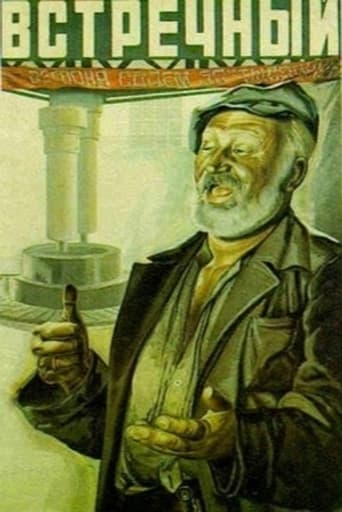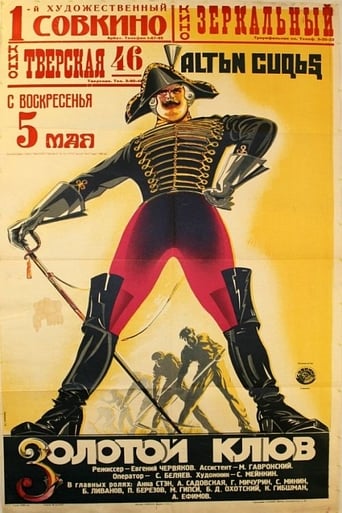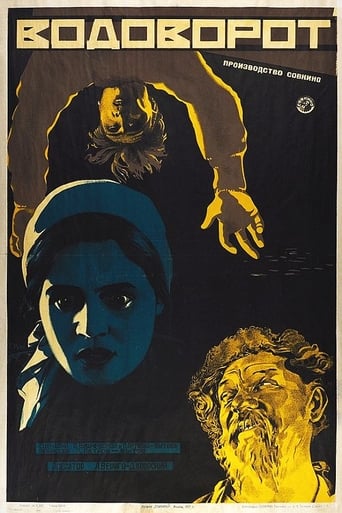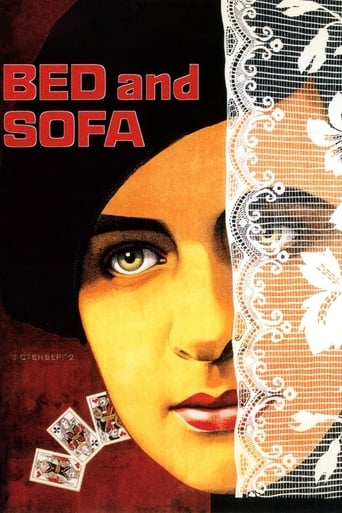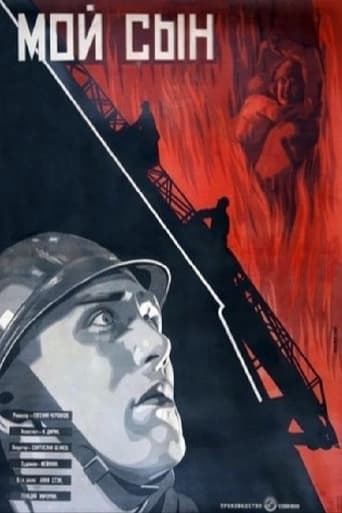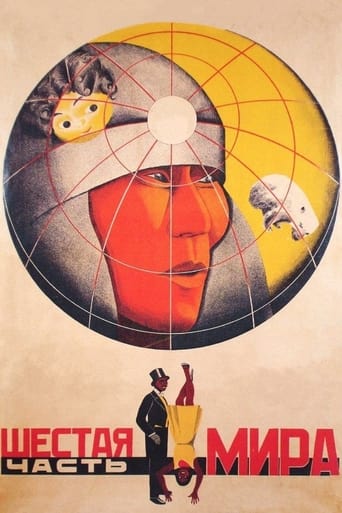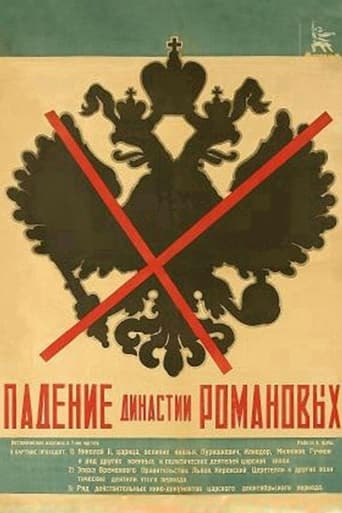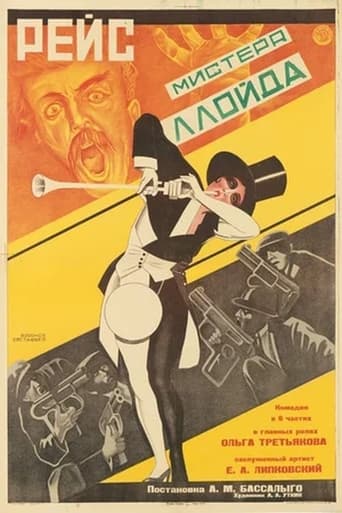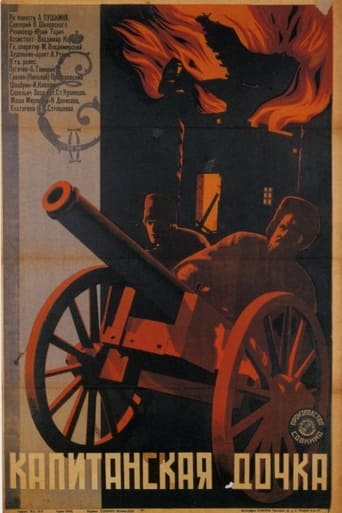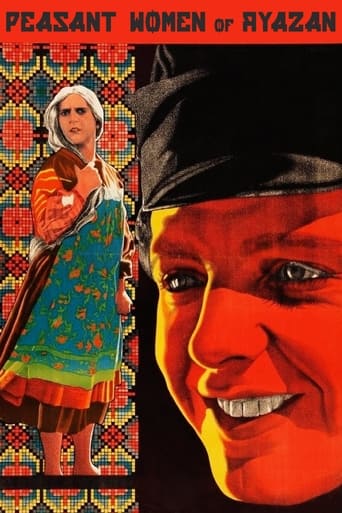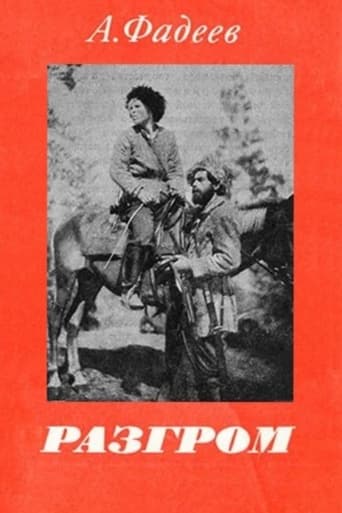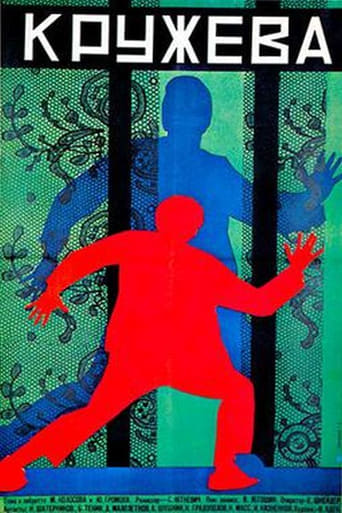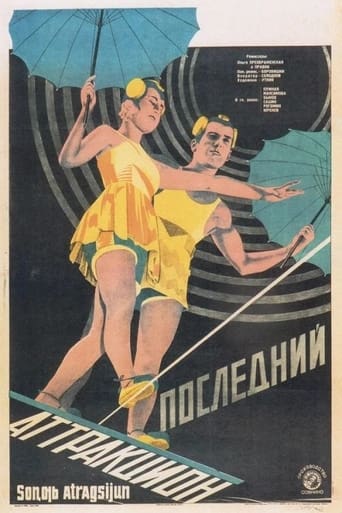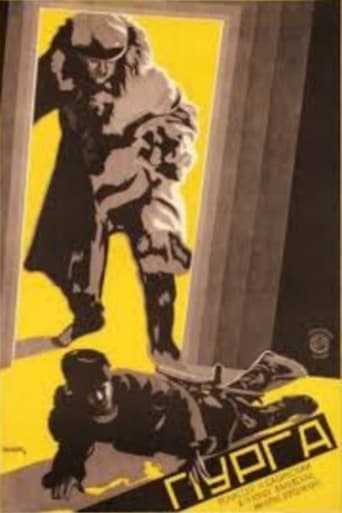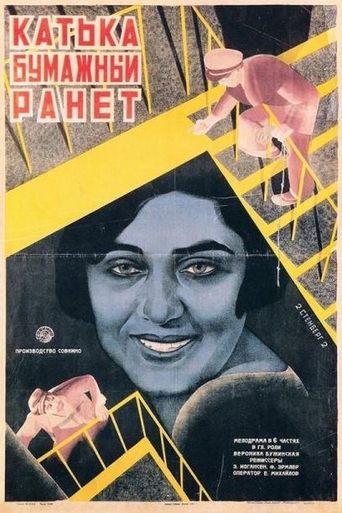Siberia. 1919 The retreating intervention detachments and the English expedition leave the mines. A snowstorm begins. English engineer Henry and his fiancee Ollan, the daughter of the company director, are lagging behind. After much wandering, the heroes come across the winter quarters of the Russian partisan Vladimir. While waiting out the bad weather, the heroes will be forced to live together for some time. Ollan will be convinced of the worthlessness of his chosen one and the courageous, energetic Vladimir will become her husband. And ahead is spring and painful thoughts: to stay with your loved one in this country or return to your homeland?
